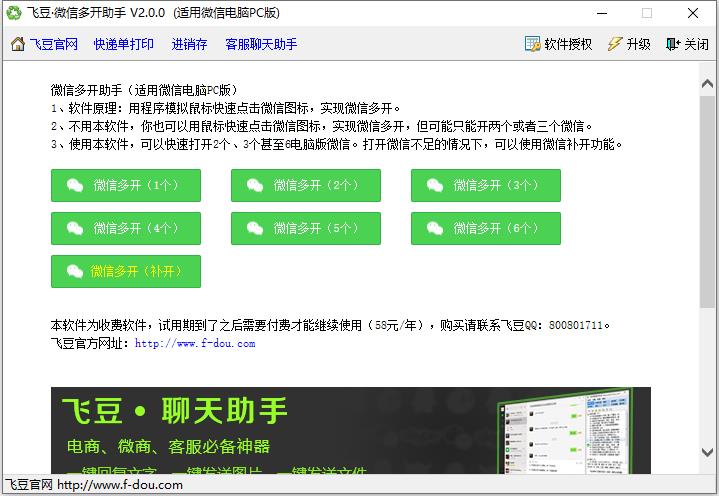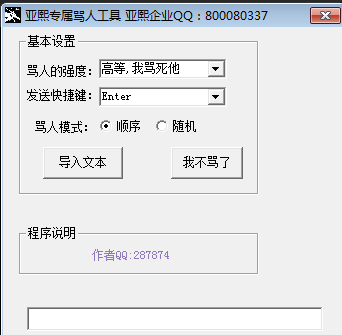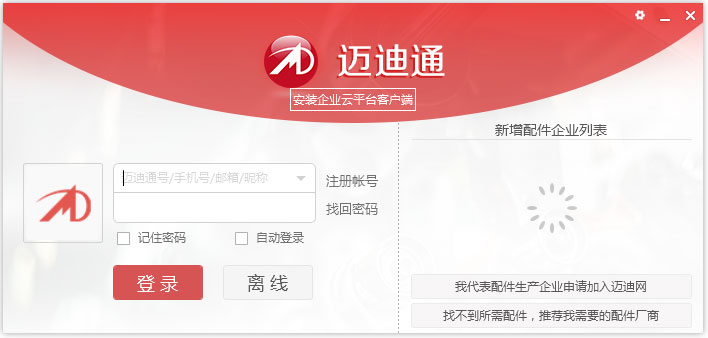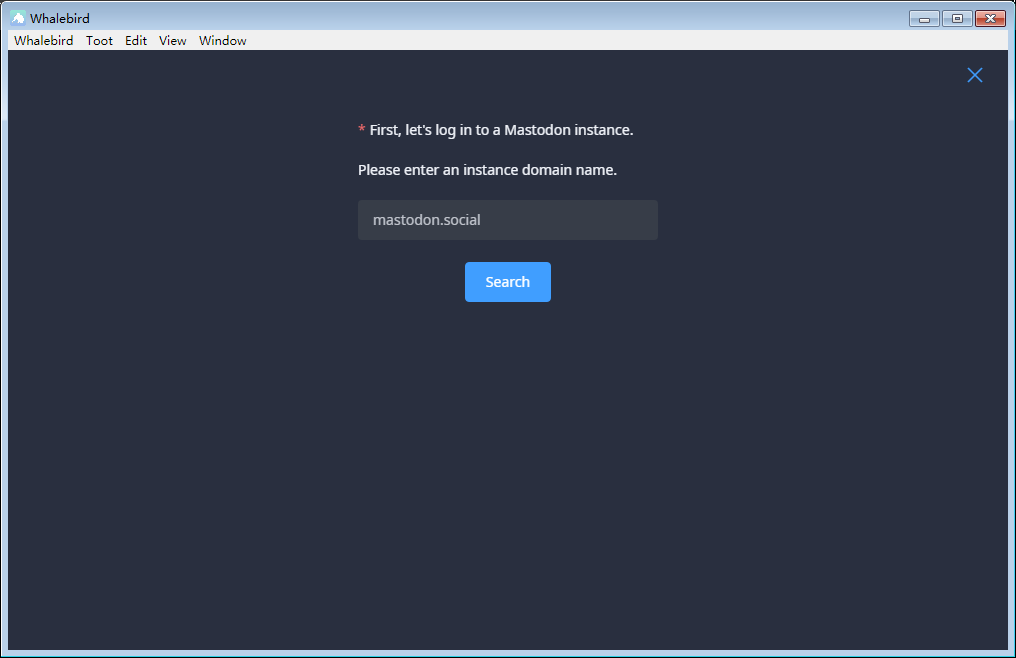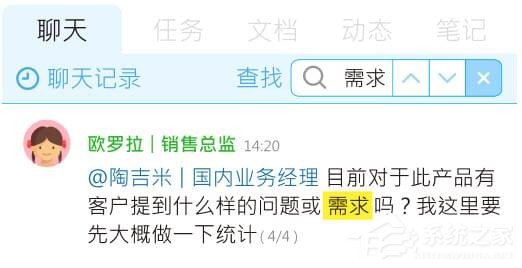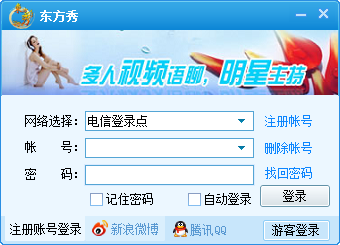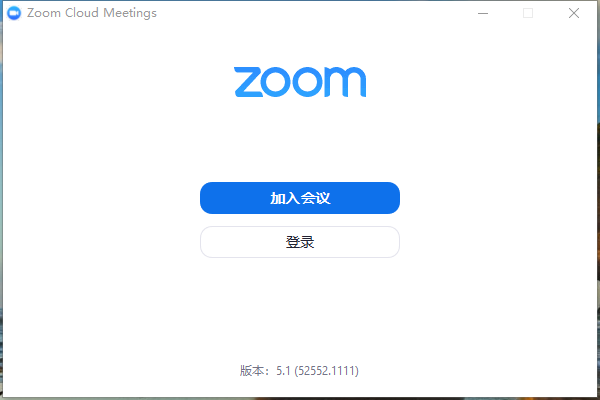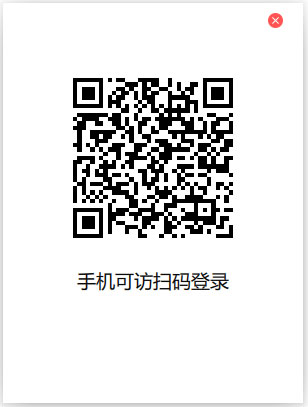如何使用Vue进行数据传递(方法浅析)
时间:2023-04-12 10:58
Vue是一个流行的JavaScript框架,它可以帮助我们构建高效的用户界面。在Vue中,有多种方法可以进行数据传递,这些方法可以应用于单个组件或整个Vue实例。本文将介绍如何使用Vue进行数据传递。 Props Props是Vue提供的一种属性绑定机制,它可以将数据从父组件传递到子组件。在父组件中,我们可以使用v-bind指令将数据绑定到子组件的Props属性,如下所示: 在子组件中,我们需要使用Props选项声明将要接收的属性名,如下所示: 在子组件中,我们可以使用this.propName来访问从父组件传递过来的数据。 Computed Computed是Vue提供的一种计算属性,它可以帮助我们动态计算从数据源中获取的值。在Vue中,我们可以为计算属性提供依赖关系,这意味着当数据源发生变化时,计算属性会自动重新计算。下面是一个例子: 在这个例子中,我们定义了firstName和lastName两个数据项,并使用computed选项定义了一个fullName计算属性。在计算属性的getter函数中,我们动态拼接了firstName和lastName,返回了一个完整的名字字符串。 Event Bus 事件总线(Event Bus)是Vue提供的一种事件传递机制,它可以帮助我们在Vue实例中进行跨组件数据传递。我们可以使用Vue实例中的$emit方法触发一个事件,然后在其他组件中使用$on方法监听这个事件。下面是一个例子: 在这个例子中,我们定义了一个全局的事件总线实例,并在父组件中触发了一个名为“message”的事件,并传递了一个字符串消息。在子组件中,我们监听了这个事件,并将传递的消息赋值给了组件的Message属性。 Conclusion 在Vue中,我们有很多种方法可以进行数据传递,每种方法都有其自己的特性和应用场景。无论是Props、Computed还是事件总线都可以帮助我们构建高效的用户界面,如果你正在使用Vue构建Web应用程序,弄清这些数据传递方法会帮助你更好地管理应用程序数据。 以上就是如何使用Vue进行数据传递(方法浅析)的详细内容,更多请关注Gxl网其它相关文章!<template> <child-component v-bind:prop-name="parentData"></child-component></template><script>import ChildComponent from './ChildComponent.vue';export default { data() { return { parentData: 'Hello, child component!' } }, components: { ChildComponent }}</script><template> <div>{{ propName }}</div></template><script>export default { props: { propName: String }}</script><template> <div>{{ fullName }}</div></template><script>export default { data() { return { firstName: 'John', lastName: 'Doe' } }, computed: { fullName() { return `${this.firstName} ${this.lastName}`; } }}</script>// Event Busconst EventBus = new Vue();// Parent Component<template> <button @click="sendMessage">Send Message</button></template><script>export default { methods: { sendMessage() { EventBus.$emit('message', 'Hello, world!'); } }}</script>// Child Component<template> <div>{{ message }}</div></template><script>export default { data() { return { message: '' } }, created() { EventBus.$on('message', message => { this.message = message; }); }}</script>
